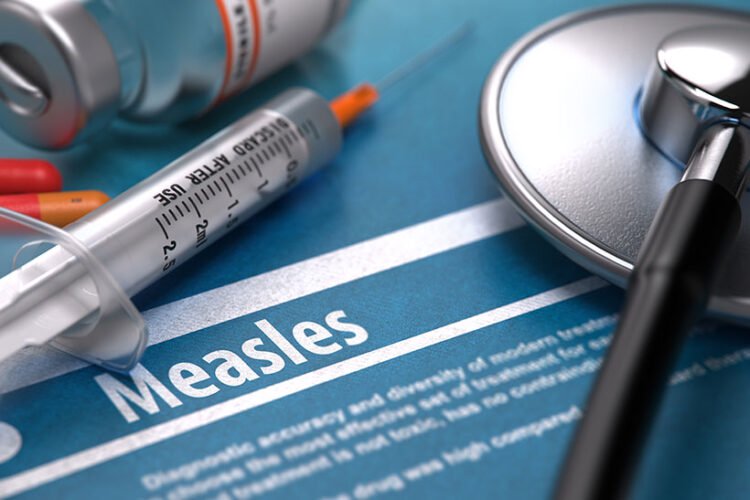The sleeping disorder in which breathing stops for a while and then starts eventually is called sleep apnea.
What is sleep apnea?
Obstructive sleep apnea is the most common sleep-related breathing disorder. It causes you to repeatedly stop and start breathing while you sleep. This period of breathlessness may range from a few seconds to minutes, and occurs in an episodic pattern. Sleep apnea results in a decreased supply of oxygen to the brain and body which generates a reflex to wake up, resulting in waking up feeling tired. Muscles of the throat lose their tone when the patient sleeps, blocking the airway making it difficult to breathe.
This sleeping disorder exerts chronic effects on the body of people who experience 30 or more episodes of sleep apnea per hour. These chronic changes include persistently raised blood pressure, increased thickness of the heart walls, and eventually increased chances of heart attack or stroke.
It occurs most commonly in men but its incidence is increasing in women too. People of all age groups can be affected, particularly those who are obese and over 50 years. People with certain physiological features like short neck, obesity, and nasal obstruction are prone to having difficulty breathing while sleeping as well.
What are the warning signs?
The Mayo Clinic labels 10 signs and symptoms of obstructive sleep apnea:
- Excessive daytime sleepiness
- Loud snoring
- Observed episodes of stopped breathing during sleep
- Abrupt awakenings accompanied by gasping or choking
- Awakening with a dry mouth or sore throat
- Morning headache
- Difficulty concentrating during the day
- Mood changes, such as depression or irritability
- High blood pressure
- Decreased libido
How is this sleeping disorder treated?
The treatment of sleep apnea can be categorized into the following option:
- Lifestyle Modifications
- Weight reduction
- Regular exercise
- Smoking cessation
- Alcohol withdrawal
- Treatment for nasal obstruction
- Helping Aids
- CPAP (Continuous Positive Airway Pressure)
- Bi-PAP (Bilevel Positive Airway Pressure)
- Automatic Positive Air Pressure
- Oral gadgets to maintain the tone of throat muscles
- Surgical Options
- Fixation of the deviated nasal septum
- Uvulopalatopharyngoplasty
- Somnoplasty
- Mandibular maxillomandibular advancement surgery
Mild sleep apnea or people with fewer episodes of apnea per night can use these modifications to help alleviate their symptoms:
Specific machines or gadgets are designed to maintain uninterrupted breathing. Examples are:
Surgery is considered in patients with severe sleep disruptions and structural deformities. Depending upon the underlying condition of a patient, the following the surgical options are available:
What happens if it goes untreated?
- Daytime sleepiness
- Tiredness/fatigue
- Loss of concentration
- Sleep-deprived partner
- Road traffic accidents
Due to lack of proper sleep at night, the patient feels daytime sleepiness and drowsiness.
Tiredness or fatigue results from improper sleep and multiple wakefulness.
Patients often find it difficult to concentrate on work and fall asleep.
Loud snoring can be disturbing for the partner, resulting in fatigue as well.
Patients with sleep apnea fell asleep at their work while studying, or even driving.
Worldwide, 100 million people suffer from sleep apnea, with 50-70 million US adults having a sleep disorder, and obstructive sleep apnea is one of the most prevalent.
What are the health risks?
Sleep apnea is a serious medical illness that possesses a higher risk of the following:
- Cardiovascular events
- High blood pressure
- Heart disease
- Type 2 diabetes mellitus
- Stroke
- Metabolic Syndrome
- Low level of HDL or good cholesterol
- High levels of bad cholesterol
- High level of triglycerides
- Central obesity
- Depression
- Memory loss: Mild cognitive impairment may be associated with this sleeping disorder.
- Weight gain: Obese people have higher chances of having trouble breathing while sleeping.
- Mental health disorders: Some people may develop bipolar, anxiety, and panic disorders.
This disorder overburdens the cardiovascular system and patients may have a risk of heart trouble:
There has been a link between metabolic syndromes and sleep apnea.
Poor sleep can cause irritability and depressive symptoms in apnea patients.
With many causes of sleep apnea, there are also ways to help improve this condition before it becomes chronic. At American Online Benefits Group, we offer products that provide our members access to healthcare to diagnose and treat sleep disorders. Contact our Agent or Member Services today for more information at 214-389-9072.




